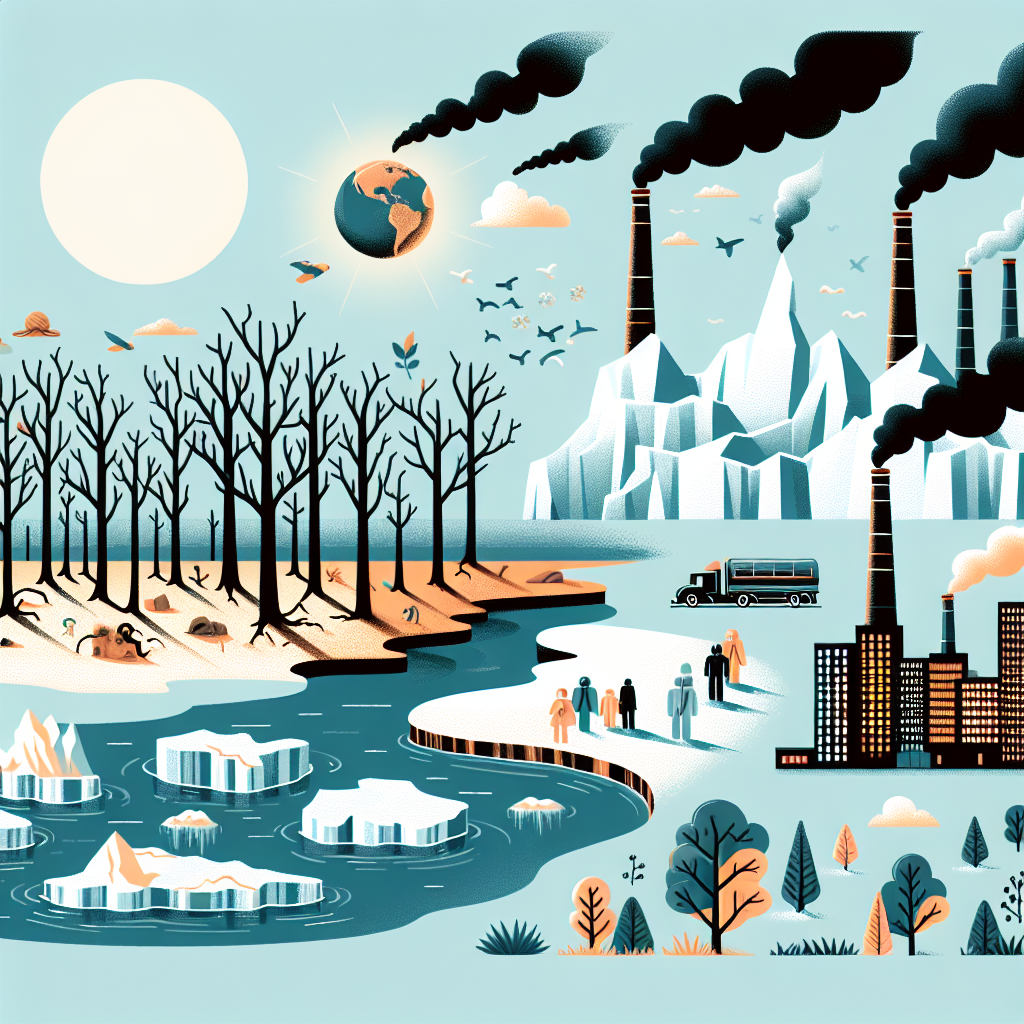Baku Climate Talks: A Heated Struggle Against Global Warming
Despite ongoing climate talks, global warming projections remain unchanged, with the Earth on track to be 2.7 degrees Celsius warmer. The United Nations climate negotiations in Baku focus on setting emission targets and financial commitments from wealthy nations to support developing countries' climate efforts, amidst rising emissions from major emitters like China.

- Country:
- Azerbaijan
Global efforts to combat climate change are seemingly stagnating, as the world remains on track to warm by 2.7 degrees Celsius despite numerous negotiations aimed at reducing greenhouse gas emissions. This stark prediction comes ahead of yet another round of climate talks hosted in Baku, Azerbaijan.
Central to the discussions is how much financial aid wealthier nations will provide to support developing countries in their transition to sustainable energy and in mitigating the impacts of extreme weather attributed to climate change. Developing countries seek USD 1.3 trillion annually, significantly higher than current commitments.
Meanwhile, political tensions overshadow negotiations, with climate activists criticizing countries like Argentina and France for withdrawing from talks over political disagreements. As global emissions continue to rise, the efficacy of the talks remains in question, leaving many to doubt the world's capability to curb warming effectively.
(With inputs from agencies.)
ALSO READ
Global Climate Finance Negotiations Hit Critical Crossroads
IFC Powers Climate Finance and Gender Equality with $400 Million Boost
India's Ambitious Climate Policies Set a New Path for Emissions Reductions
COP29: Navigating Climate Finance Amidst Global Tensions
Bridging the Climate Finance Gap: Beyond Promises to Action










